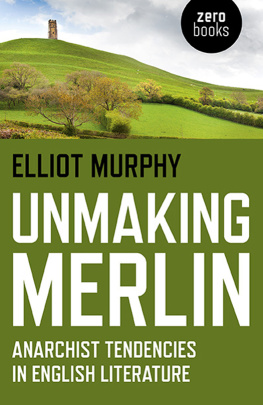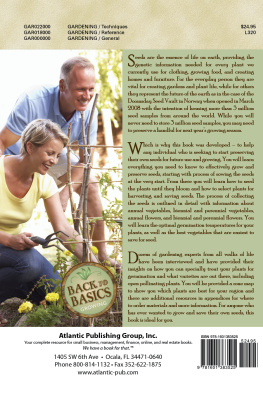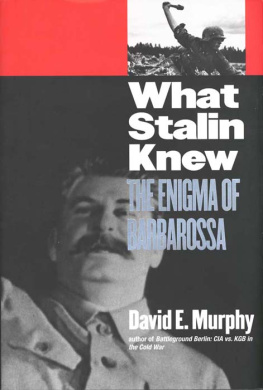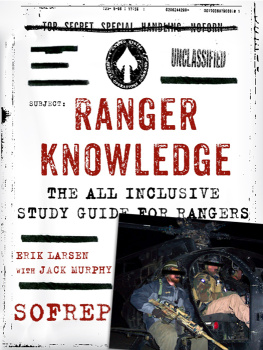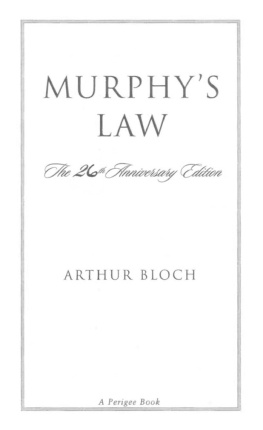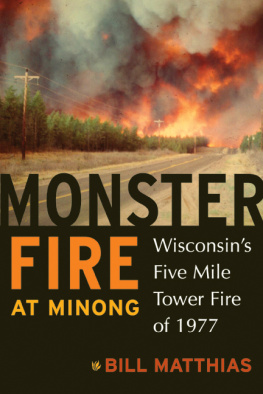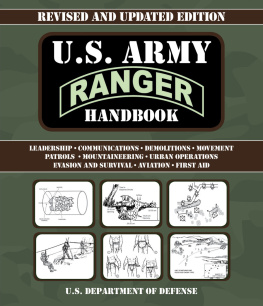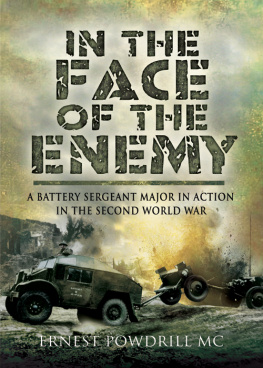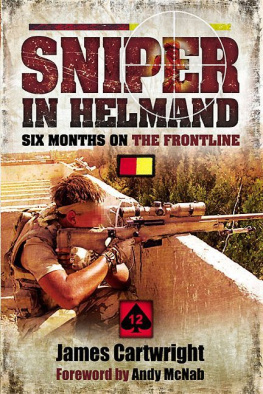Dedicated to SSG James Hupp and SGT Joe Barnes
AUTHORS NOTE
Writing about the army and warfare goes almost hand in hand with the use of obscure acronyms. In this book, I have done my best to limit their use or properly explain what they mean. A glossary is provided at the end of the book as well.
Certain names of individuals mentioned in this book have been changed, whether or not so noted in the text.
PROLOGUE
HAVE YOU EVER BEEN shot at?
I hesitate before answering. Yeah.
Sure, Ive been shot at. Some memories start to come back to me. Bits and pieces of things I put behind me, or thought I did. Machine gun fire in the streets of Mosul as I choke on diesel exhaust. A female Kurdish sniper leans against the side of a stairwell inside an abandoned apartment building and smiles. Someone walks into the middle of the street in the city of Khost, Afghanistan. They shine their flashlight in my direction, nearly whiting out my night vision optics as I pivot. Are these the kinds of memories that the Vietnam vets call flashbacks? I dont know.
I snap back to the present after this brief temporal displacement. Im sitting on a tree stump in Texas, two television cameras in my face, while a producer interviews me. After the army, I became an investigative journalist focusing on special operations and the intelligence community, so I have done plenty of TV news spots over the years, covering desperate firefights from Benghazi to Niger. This is the first time Ive ever done an actual television show.
Did you return fire? the producer asks.
His name is Chris. He has a short beard, his daughters name is tattooed on his neck, and he seems like the type of dude who never runs out of energya great trait to have in his line of work. I pause at this question, too, as I recall the entire world coming down on top of me on a lonely mountainside in Afghanistan. It brings up a conflicted and confused churn of emotions. I can tell you that feeling lonely in a firefight cant even begin to compare to the loneliness that comes with taking responsibility for the decisions youve made in combat. In the end, you walk that road alone.
Yeah, I returned fire.
Im thirty-four years old. When my good friend and fellow Special Forces veteran Jim West finally convinced me to go talk to someone at Veterans Affairs, the psychologist asked me if I felt older than I really was. I said it wasnt that so much as it was that I never felt young in the first place. The stories I could tell. The stories so many young men of my generation of soldiers could tell, if only anyone would believe them.
You may have heard of Murphys Law, which states that anything that can go wrong will go wrong. With my last name, I kind of stood out among some of my peers. You know you might be in trouble when a dude named Murphy is on your team.
I had rejected the notion of writing a book about myself for a long time. It seemed like kind of a douchey thing to do. I mean, who am I, really? Ive written hundreds of articles, interviewed countless people, written about mass graves in the Philippines and dirty wars in Syria, and dodged IEDs while reporting on the ground in Iraq. Sitting in a crappy Mexican restaurant in Manhattan one day, I told Jim that I felt as if Ive written everyone elses story except mine. Youre avoiding it, Jim told me. Thats because of PTSD. You dont want to confront what youve been through.
But tonight, during the interview, Im in Texas, not Manhattan, not Afghanistan. I look right into the camera and tell the world that Ive been fired upon and that Ive returned fire in combat. Writing about the combat experiences of our soldiers and our allies has been an honor and privilege, but I now understand that it has also been a way for me to selfishly gain some leverage against the horrible experiences of war. It has been my way to try to understand combat, to conquer it. Deep down, I know there is no taming that beast. But Im intoxicated by the horrible reality of war and always have been.
And so, yes, Ive told everyones story but mine.
Until now.
PART I
CHAPTER 1
No Plan Survives First Contact with the Enemy
SOME OF MY EARLIEST memories are of watching the Gulf War on television.
I was seven years old, staring at CNN on the screen. News coverage was nowhere near as comprehensive or instantaneous as it is today. CNN would just play the same clip of an American soldier bounding forward, filmed through a night vision scope, with tracer fire skipping overhead. For all I knew, it could have been training footage and they ran it because it was the only action shot they had of the war. It didnt matter. I was hypnotized by the images on the screen.
Years later, the Harrison Ford movie Patriot Games came out on video. I was watching it with my mom. There is a scene in the movie where the SAS launches a surprise attack against a terrorist camp in the desert. As a kid, I struggled to understand what I was watching. This wasnt a war, not really. It wasnt like the old movies I had seen about World War II. I expressed this confusion to my mom. What was this if not a war?
Secret mission, my mom replied.
Really? Can they do that?
Of course they can.
My mom was no doubt aware of things that had appeared in the press over the last few decades, from the Church Committee hearings to Iran-Contra. But this was all new and exciting information to me. Secret missions? Holy shit, I was sold.
I grew up in a house that was over a hundred years old, near Beekman Avenue, in what was then North Tarrytown, New York. My mom worked as a waitress, and my dad was a carpenter, electrician, plumber, pretty much whatever was needed. While my dad worked to fix up our new house in North Tarrytown, after we moved out of Irvington where we lived for that first year after I was born, my mom kept me in a basket in the living room with a space heater. I have scattered memories of this time, as I was very young. I do recall when my dad installed all the new cabinets in the kitchen and when he lifted the big stone slab in the front yard with a pry bar and we found a huge brick-lined well underneath. I recall my parents coming home with my little sister, and I recall holding her in my arms all those years back.
Sadly, this was not to be our childhood, as my father was diagnosed with lung cancer and died when I was seven and my sister was three. Meanwhile, my mother came down with what we now know today to be Lyme disease. Back then, the doctors thought she was just depressed because her husband had died. Meanwhile, she was getting sicker and sicker. I believed that my mom was going to die as well, and then who knew what would happen to me and my sister. It was many years before my mom found a doctor who understood what she was going through and began to treat her for Lyme.
My mom eventually remarried, and we moved to North Salem, New York, when I was about fourteen. My stepdad, Irv, has been with us ever since. He was a floral shop owner and now works as a general contractor. My mom went on to work as a teachers assistant for a while and then got her degree and works to this day as a social worker.
I guess middle school and high school are tough for a lot of kids, but I found them to be insufferable. I never really felt like a kid; I felt like a grown-up trapped in a kids world. I couldnt relate to kids my own age. Despite going to high school in an affluent area where no one even dreamed of joining the military (that was for losers), I was still interested. I was plotting my escape from the dreary boring world that I had been trapped in.


